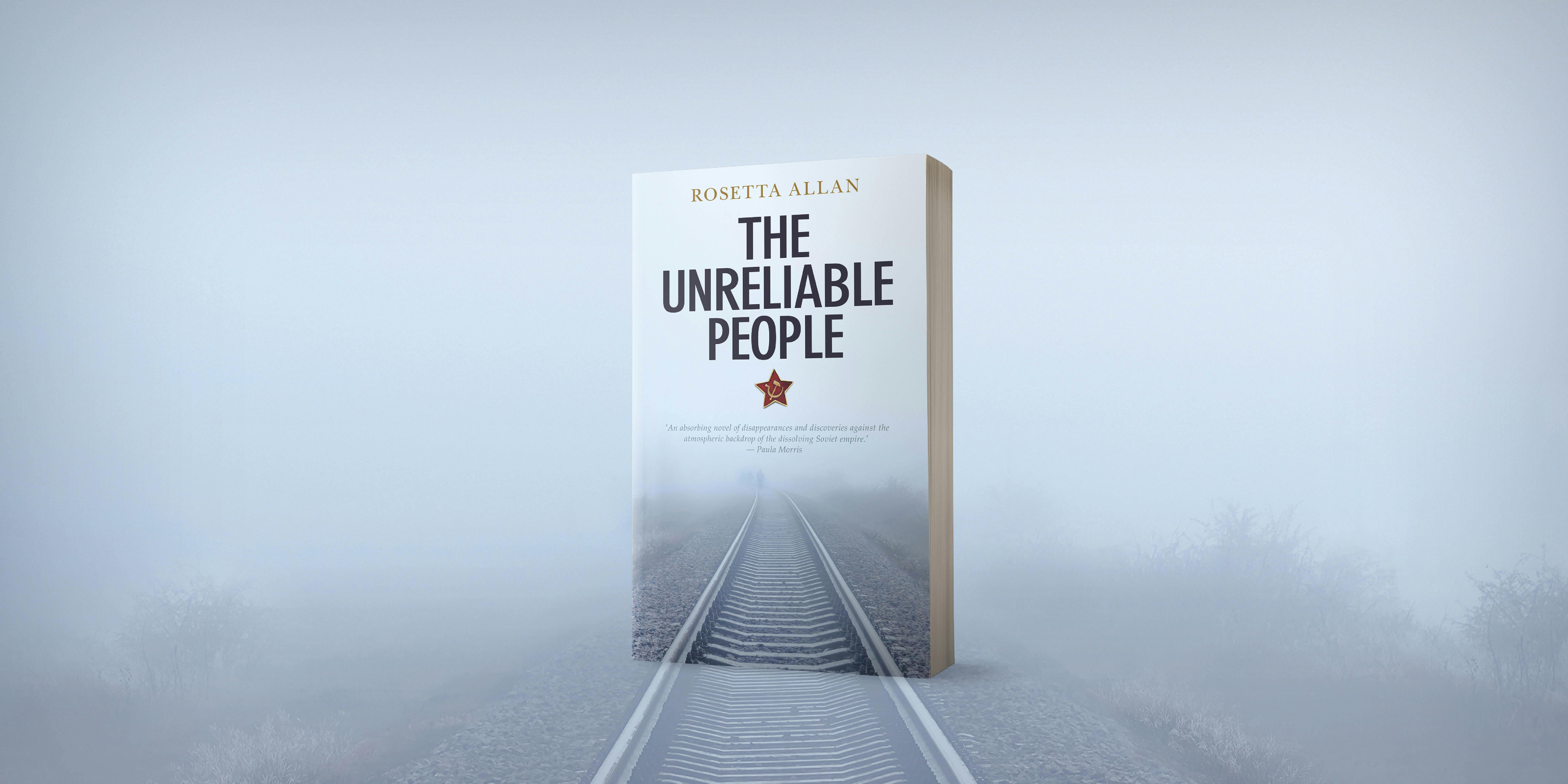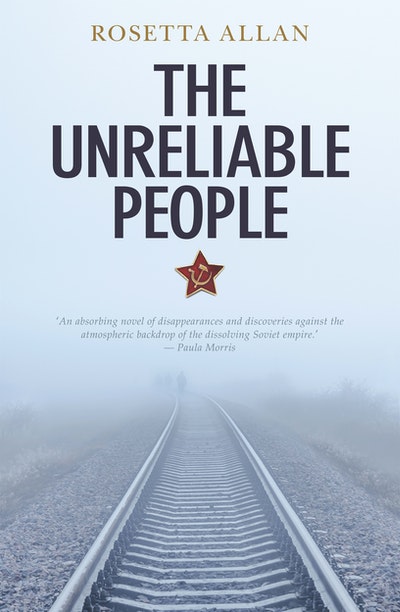Auckland-based writer Rosetta Allan's latest novel, The Unreliable People is a compelling, contemporary story where love and loss intersect. We asked Rosetta for questions and discussion points to guide your book club.
“Individual memory, history, and the novel are all selective: no one remembers everything, each historian picks out the facts he or she chooses to find significant, and every novel, whether historical or not, must limit its own scope. No one can tell all the stories there are.”— Margaret Atwood, In Search of Alias Grace: Writing Canadian Historical Fiction.
When a member of the audience approaches me after a book talk, I am always delighted by at least one story that connects to the novel I have written. Someone resonates with the experience personally, through their own family or friends, or through stories they have been told about the subject. The differing perspectives and experiences are truly amazing. I genuinely believe that there is a novel within all of us, it’s just a matter of selecting what to tell, and how much, and in the case of historical fiction how much magic the writer can, or should, write into the story.
Rosetta Allan's questions for your book club to discuss The Unreliable People
- Research is a large part of writing historical fiction. For authenticity, I travelled to St Petersburg, Russia, and was lucky enough to make dear friends who continued to help. I also had friends from Vladivostok and Kazakhstan, though I did not get to visit those countries personally. Does the setting come over as convincing for all the cities in the novel?
- How significant is the landscape of Kazakhstan to the identity of the Koryo-saram, given it is their new home?
- Mythology and folk tale are used in The Unreliable People, as story within story. How do you feel this added to the novel’s layers of old and new culture?
- What do you think the ending suggested about Katerina Moon’s final decision to leave her gloves behind?
- In the novel, I explore the sense of ‘oneness’ the blanket of the Soviet Union offered. Do you feel that same or stronger sense of connectedness was achieved in the ending? If so, how is the new ‘oneness’ better, or worse, stronger or weaker?
- Who do you think broke Antonina’s little clay people at the Academy of Art?
- If Tatyana and Antonina were to have another art show together, where would it be, and what would they call it? Would you go to their show?
- Do you think Konstantin will make a suitable father for Antonina’s baby?













